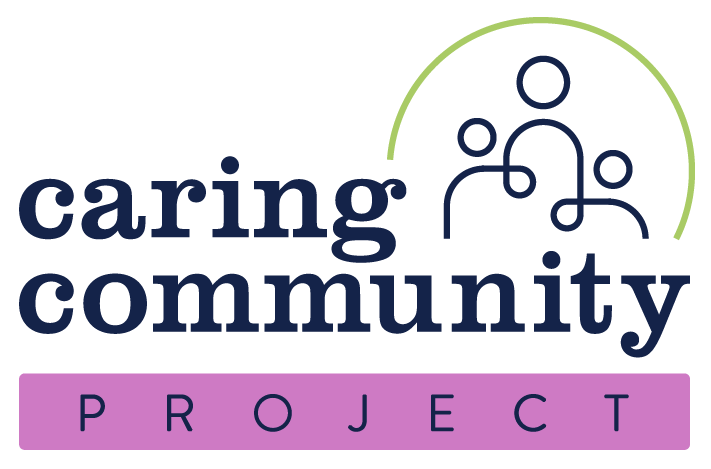Referrals
In: Preparing School Adults for Mental Health Advocacy
Check in with your students about their mental health and overall well-being. However, it is important to encourage your student to seek professional help with a therapist when needed. Use your school’s mental health team to connect with your student’s family about accessing mental health care.
If students share information about suicidal ideation or self harm, connect with your school counselor to support your mentee. Based on school policy, you may need to connect to your mentee’s guardians.
Use the National Mental Health Resources document to share support resources with your mentee for quick access to mental health care outside of school.
Use the list below for conversation starters on referring students to professional mental health support.
Some signs of a need for a professional referral:
A student shows consistent warning signs of mental health issues
A student shares that they think they are dealing with mental health issues
A student shares that they are overly concerned about their eating and is showing or sharing signs of unhealthy eating habits
A student has shared unhealthy coping behaviors such as self-harm or substance abuse (be sure to follow school policy on reporting)
You suspect a form of abuse or trauma (be sure to follow school policy on reporting)
You are genuinely concerned about their wellbeing
Starting the Conversation
Discussing Referrals With a Student:
Thank you for sharing this with me. It sounds like you’re going through a really hard time. To make sure you can get the help you need, I’m going to share some of this information with the [school counselor, social worker, etc]. Would you like to share this information together?
Some of the information you shared with me about [enter information shared with you about mental health issues] make me feel concerned about your mental health. I think we should reach out to a counselor at school about this. They see a lot of students in our school and help them with similar things. Would you like to write an email to the counselor together?
[Student’s name], some of what you’ve shared with me makes me concerned about your mental health. I think it would be beneficial for you to talk to a counselor or therapist about this. How do you feel about that? How can I help you with this?
I am concerned about your mental health because you’ve been sharing many difficult emotions and seem to be going through a hard time. While I am here to support you, I think it’d be beneficial for you to have a counselor or therapist that you can also talk to.
I’ve been noticing some changes in your behavior lately. [Share your observation of the warning signs, i.e., ‘you’ve been missing class more often and not eating lunch.’] This makes me concerned about your mental health, and I think that it would be helpful for you to talk to a counselor or therapist.

